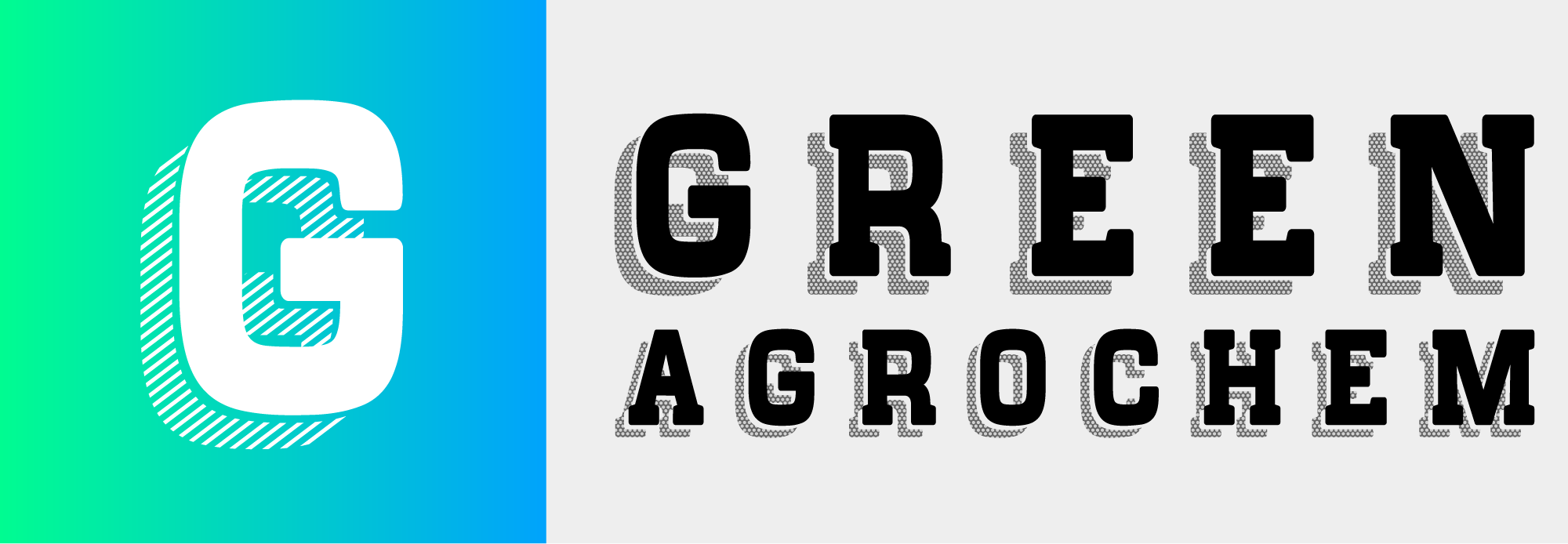Sources for Sodium Dibutyl Naphthalene Sulfonate
- Online B2B Platforms:
- E-commerce marketplaces specializing in chemicals, such as global trade platforms, list numerous suppliers from regions like China, the United States, and Europe. Search for SDNS using its chemical name or CAS numbers (25417-20-3 or 25638-17-9) to access supplier listings, compare prices, and request samples.
- Filter suppliers based on criteria like ISO certification, bulk supply capacity, or customer reviews to ensure reliability and quality.
- Industrial Chemical Manufacturers:
- SDNS is commonly produced by manufacturers specializing in surfactants and industrial chemicals. These producers offer SDNS in bulk, typically as a beige powder or dark brown liquid with concentrations ranging from 17–20% (relative density 1.075–1.12). Contact manufacturers directly to obtain quotes and technical specifications.
- Many manufacturers provide free samples and documentation such as Material Safety Data Sheets (MSDS), Technical Data Sheets (TDS), and Certificates of Analysis (COA).
- Chemical Distributors:
- Distributors in regions like the U.S., Europe, or Asia import SDNS from large manufacturers and supply it to industries such as textiles, agriculture, and construction. They offer flexible order quantities, from wholesale to retail, catering to both large enterprises and smaller businesses.
- Some distributors provide environmentally friendly SDNS variants with lower aquatic toxicity or improved biodegradability, which may be important for certain applications.
- Industries and Applications:
- SDNS is supplied primarily for the following industries:
- Textiles: Used as a wetting and dispersing agent in dyeing and fabric processing to ensure uniform dye penetration.
- Agriculture: Acts as a dispersant in pesticides, herbicides, and fertilizers to enhance distribution and efficacy.
- Construction: Functions as a superplasticizer in concrete to improve flowability and strength.
- Detergents: Enhances cleaning performance in industrial and household cleaning products by improving solubility of oils and soils.
- Suppliers often tailor SDNS formulations to specific industry needs, so clarify your application when contacting them to ensure the product meets your requirements.
- SDNS is supplied primarily for the following industries:
Key Considerations
- CAS Numbers: SDNS may be listed under CAS No. 25417-20-3 or 25638-17-9, depending on the specific formulation. Always confirm the CAS number when ordering to avoid confusion.
- Specifications: SDNS is typically available as a beige powder or dark brown liquid, soluble in water, and stable in acidic, alkaline, and hard water conditions. Request a TDS to verify properties like pH (usually 7.0–10.5) and foaming characteristics.
- Sample Requests: Many suppliers offer free samples for testing before bulk purchases.
- Environmental Impact: Some suppliers provide SDNS with bettermiddle of a sentence better biodegradability or lower environmental toxicity. If this is a concern, inquire about eco-friendly options.
- Geographic Considerations: Suppliers from regions like China often offer competitive pricing, while those in the U.S. or Europe may provide faster shipping for local buyers. Request region-specific pricing and shipping details, as costs vary based on location and order volume.
Next Steps
- Online Search: Use keywords like “sodium dibutyl naphthalene sulfonate supplier” or “SDNS CAS 25417-20-3” on B2B platforms or search engines to find supplier listings.
- Direct Contact: Send a Request for Quote (RFQ) via email or supplier website contact forms, specifying your application, quantity, and quality requirements.
- Trade Shows: Attend chemical industry trade shows or exhibitions to meet suppliers in person and discuss specific needs.

